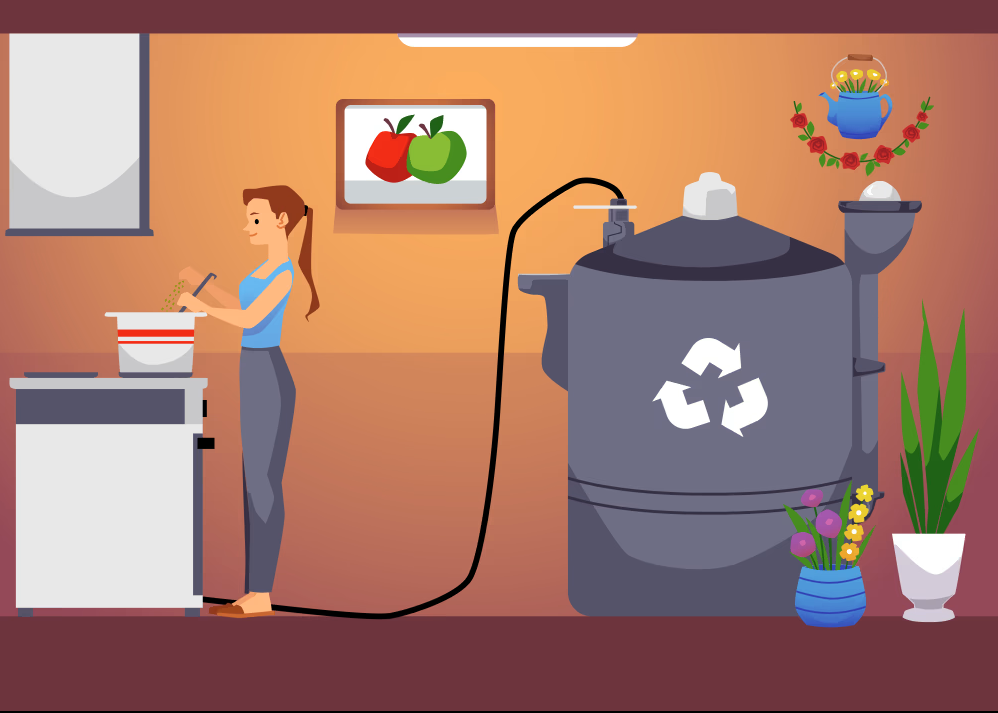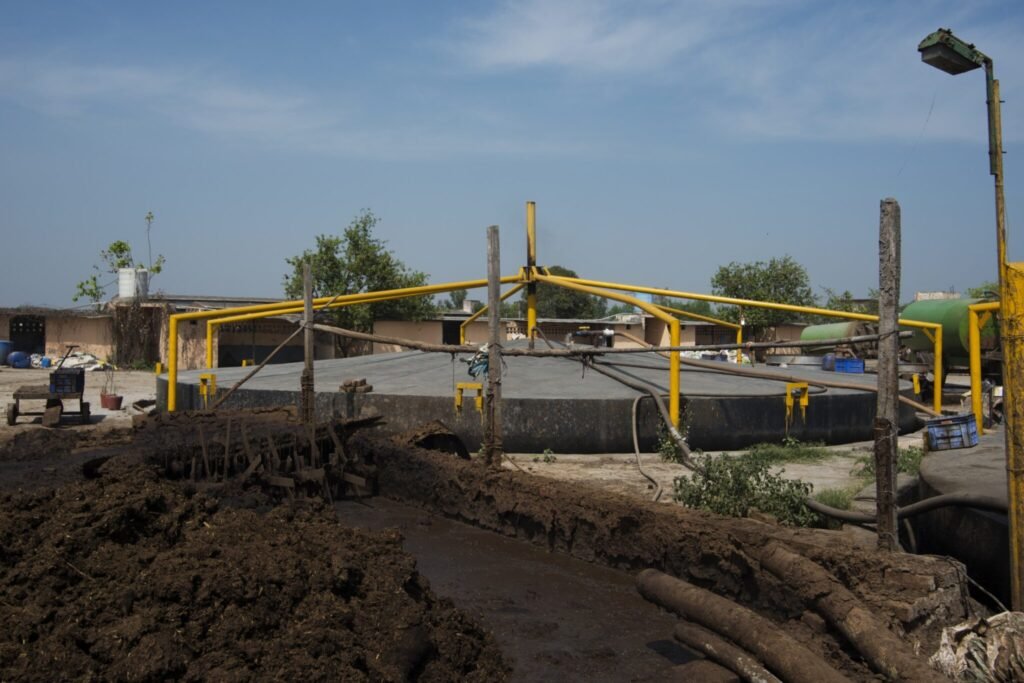Increased participation of women in the biogas sector is crucial for achieving sustainable development, providing equal access to resources, and ensuring gender equality.
By Gaurav Kedia
The profound connection between women and nature has long been recognized, particularly in ancient Indian traditions, where women were revered as goddesses, symbolizing fertility, power, wisdom, and abundance. People sought their wisdom and intuition in agriculture and ecology. Their reverence for nature is evident in countless myths, stories, and practices. That connection is still evident even in rural India, where women are involved with agriculture, nature conservation and animal care.
A report released by the World Bank asserts that women are integral to the success and efficiency of sustainable development initiatives. Their complete and equal involvement in policymaking and decision-making is crucial to establishing and sustaining this route. To address global issues like climate change and food insecurity, the World Bank believes that empowering women is essential to achieving sustainability. Their current “Gender Strategy 2024-2030” emphasizes women’s empowerment as a critical element of sustainable development. Women’s participation in decision-making processes and economic activities also leads to improved environmental outcomes, stronger community resilience, and more inclusive economic growth. Empowering women in various sectors is key to achieving these sustainable development goals. One such sector where women’s participation can make a significant impact is the nature-based solutions.
The biogas industry can play an active role in women’s empowerment by providing job and entrepreneurial opportunities. Increased participation of women in the biogas sector can promote gender equality and sustainability as the sector is not male dominated. Women have equal opportunities in every aspect of the biogas supply chain, from highly skilled work such as project planning and implementation, research and development, plant operations and maintenance to unskilled activities such as feedstock collection and transportation, plant maintenance and routine activities.

Women take up the labor-intensive tasks in agriculture and dairy farming such as feeding and milking the cattle, cleaning the farms, accumulating the biomass, etc. However, most of them do not own the land or animals, which makes them financially dependent on the male members of the family. Setting up biogas plants in rural areas can ensure sustainable community development by providing education, training, and financial independence to rural women. Switching to biogas from traditional fuels such as wood and coal for cooking and heat generation will free up rural’s women time. They can use this time to engage in productive activities. The education and training can help women take on active roles in the biogas plants or set up their small-scale biogas plants. This will not only improve their self-worth and instill confidence to make their own choices but also enable them to have the power to control their own lives and to influence the direction of social change.
Only 71% of households globally have access to clean energy, while 2.4 billion households suffer from energy poverty. The situation is worse in India where only 58.6% of total households use clean fuel. Women, especially from the rural and marginalized communities, are the most affected by energy poverty, which impacts their quality of life as well as that of their families and children. Biogas systems can improve the livelihoods of these women and girl children by providing access to clean energy. According to the World Health Organization, each year 3.2 million people die prematurely from illnesses attributable to household air pollution caused by the incomplete combustion of solid fuels and kerosene used for cooking, with most of them being women and children. Burning fossil fuels, raw biomass, and wood are the major causes of indoor air pollution. Women and children spend the majority of their time indoors and are hence most affected by the toxic fumes. Switching to clean biomass for cooking and heating can protect women’s health and improve the quality of their lives.

Increased participation of women in the biogas sector is crucial for achieving sustainable development, providing equal access to resources, and ensuring gender equality. The biogas industry can play a significant role in creating an inclusive and successful life for women. However, governments, biogas industry institutions, and other stakeholders must emphasize creating policies to encourage the participation of women by providing them with skill development training, financial assistance, and other incentives. Some critical measures to encourage women in the biogas industry include creating awareness about the benefits of biogas digesters through the women’s self-help groups, creating hybrid training sessions that combine online classes with in-person interactions, encouraging financial inclusion of women by opening bank accounts and providing access to easy loans and financing schemes for opening biodigesters, and providing a safe workspace for women in the industry, where they can learn, work and prosper.
About the Author
Gaurav Kedia is the Chairman of the Indian Biogas Association.






